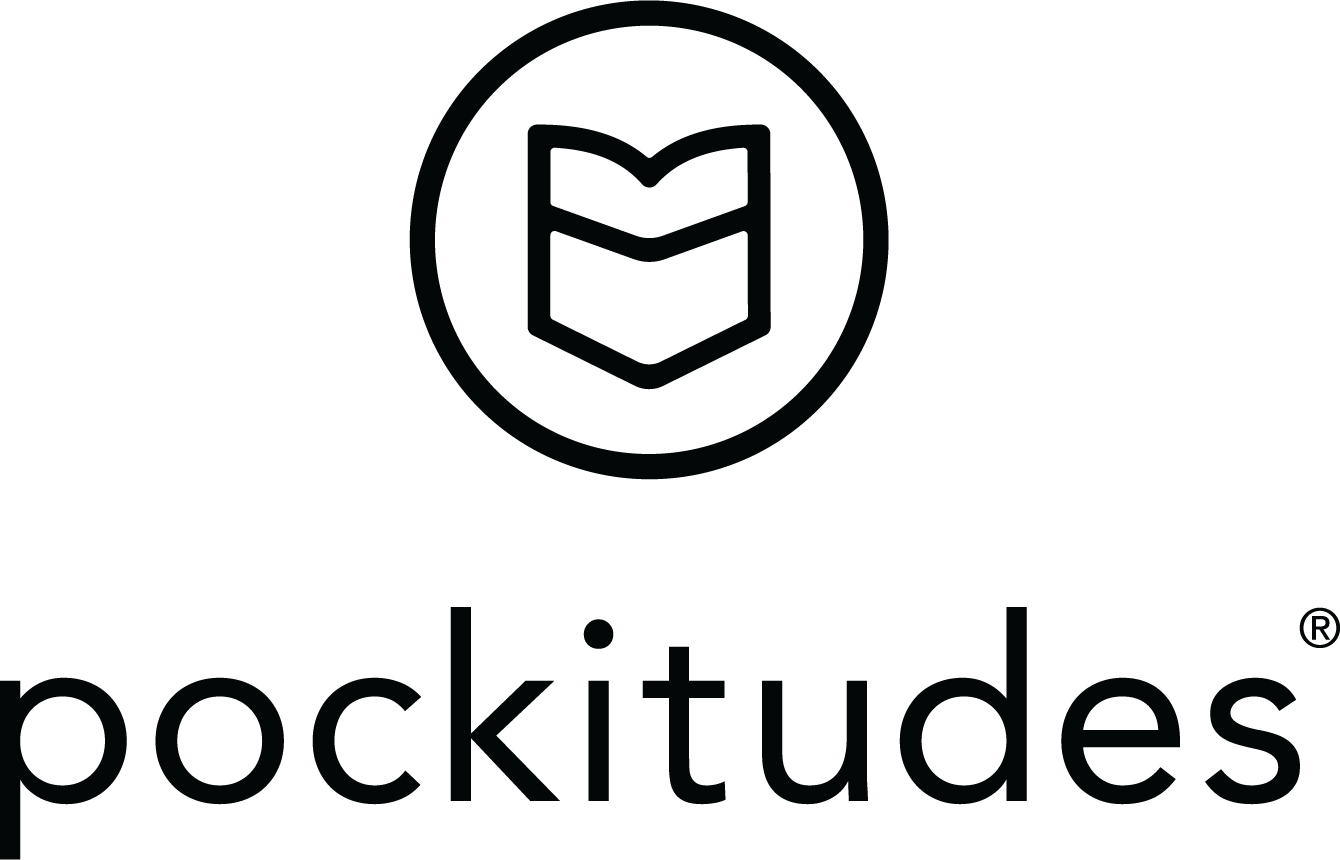We’ve been sold a lie. It came gift-wrapped in hustle culture, glorified in productivity books, and normalized by inboxes that never sleep. The lie says this: If you’re not moving fast, you’re falling behind.
But what if the opposite is true?
What if the fastest way to a happier, healthier mind is to slow down?
That’s not just a poetic idea. It’s a practical, research-backed strategy to reclaim your mental well-being in a culture obsessed with acceleration.
The Speed Trap
Speed is seductive. It feeds our ego. It makes us feel important. A full calendar becomes a badge of honor. The ability to multitask is treated like a superpower. We’re praised for our “grind” and our “go-getter” mindset.
Yet anxiety rates are soaring. Burnout is rampant. According to the World Health Organization, depression is now the leading cause of disability worldwide. Something’s not working.
The very culture that idolizes speed is quietly draining our capacity for happiness.
Let’s call it what it is: the speed trap. It tricks us into believing that doing more, faster, leads to a richer life. But research shows that chronic busyness correlates with decreased happiness, increased stress, and diminished cognitive function.
A 2020 study from Harvard Business School found that people who constantly pursue efficiency at the cost of leisure report lower life satisfaction. Why? Because treating time as money makes us feel like any moment not optimized is wasted. That mindset robs us of joy.
The Happiness Curve Bends Toward Slowness
Slowing down is not laziness. It is a conscious rebellion against a system designed to keep us distracted, overstimulated, and emotionally exhausted.
It is choosing presence over pressure.
Researchers at Princeton University found that high levels of cognitive clutter caused by multitasking and time pressure reduce our brain’s processing capacity. Simply put, when we do too much at once, we get dumber. Not metaphorically. Literally.
Slowing down restores our ability to think clearly, feel deeply, and act meaningfully.
In Japan, there’s a concept called “Yutori.” It means spaciousness. It describes a life with breathing room, where tasks and time are approached with calm intention rather than frenzied urgency. In Yutori, you walk instead of run. You notice instead of skim. You speak less but mean more.
In Yutori, happiness has space to bloom.
The Psychology of Stillness
In 2014, psychologists at the University of Virginia published a study that shocked the research community. Participants were asked to sit alone in a room with nothing to do for 15 minutes. Just silence and their thoughts.
Most found it unbearable. A third of participants preferred to give themselves mild electric shocks rather than sit still.
Stillness, in our culture, is discomforting. It confronts us with everything we’ve been avoiding. But it’s in stillness that healing begins.
Dr. Judson Brewer, a psychiatrist and neuroscientist at Brown University, found that mindfulness—purposeful slowing down of the mind—reduces anxiety by interrupting the habit loops that fuel it. His studies show that simply paying attention to the present moment with curiosity can rewire the brain’s stress response.
You don’t have to meditate on a mountain to do this. Just walk slowly. Eat without your phone. Write by hand. Let silence stretch.
Each of these is a micro-act of rebellion. A vote for your own peace.
Slowness Strengthens Relationships
Think about the best conversations you’ve ever had. Were they rushed?
Probably not. They likely unfolded slowly, with pauses and reflection, over coffee or dinner. Because connection requires presence, and presence requires time.
When we slow down, we give others our full attention. That’s increasingly rare. A 2018 Pew Research survey found that nearly 90% of Americans feel people don’t listen to them well. We’re constantly distracted—by devices, by stress, by the next thing.
But slowness is a form of respect. It says, “You matter enough for me to be fully here.”
Dr. John Gottman, a leading relationship researcher, discovered that small moments of attuned presence—what he calls “bids for connection”—are the building blocks of lasting relationships. Responding to a partner’s comment. Making eye contact. Pausing long enough to notice their mood.
These are not grand gestures. They are small, slow acts of love.
Creativity Lives in the Quiet
There’s a reason many great writers, artists, and inventors take long walks. Slowness is the soil where creative ideas grow.
A 2014 Stanford study found that walking boosts creative output by an average of 60 percent. The slower the walk, the more freely ideas flowed. Why? Because the brain, when not overloaded, starts to make unexpected connections.
When you slow down, your mind stops chasing and starts creating.
We think inspiration comes from stimulation. Often, it comes from subtraction. Less input. More quiet. Fewer tabs open. More noticing.
Creativity is not a lightning bolt. It’s a whisper. And you can’t hear it when you’re sprinting through your day.
Slowness Is a Health Habit
Stress isn’t just a feeling. It’s a physiological event. Chronic stress elevates cortisol, a hormone that, when overproduced, can lead to anxiety, weight gain, memory loss, and even heart disease.
The antidote is not another productivity app. It’s rest. Recovery. Pause.
In a study published in the journal Psychoneuroendocrinology, researchers found that people who practiced mindfulness for just eight weeks had significantly lower cortisol levels. They slept better. Felt calmer. Focused more easily.
And they weren’t meditating for hours. They were simply slowing down long enough to pay attention to their breath, their thoughts, and the moment in front of them.
Slowing down is not just a mental shift. It’s a biological one. Your nervous system recalibrates. Your immune system strengthens. Your heart rate lowers.
In a world full of hacks, slowness might be the ultimate wellness strategy.
The Myth of Falling Behind
One of the greatest fears people have about slowing down is that they’ll fall behind. The irony is that rushing rarely gets us ahead. It just makes us tired.
Consider the tortoise and the hare. The tortoise wins not despite his slowness but because of it.
In business, leaders who create space for reflection make better decisions. In sports, athletes who stay calm under pressure perform better. In life, those who protect their attention live more intentional lives.
Slowness isn’t a handicap. It’s a strategy.
In a 2022 report published by the American Psychological Association, researchers emphasized that time affluence—the feeling of having enough time—is more strongly associated with happiness than financial affluence. People who feel unrushed are more satisfied with their lives, regardless of income level.
You don’t need more time. You need to feel like you have enough.
That feeling begins when you stop sprinting and start noticing.
Practical Ways to Slow Down (Without Quitting Your Life)
You don’t need to move to a cabin or toss your phone into a river. Slowing down is not about escape. It’s about engagement.
Here are a few simple ways to start:
Leave white space in your calendar. Block out time that isn’t for doing, but for being.
Eat slowly. Not just for digestion, but for appreciation. Taste is a portal to presence.
Walk without your phone. Notice the color of the sky. The feel of your breath. The sound of your steps.
Write by hand. There’s something ancient and grounding about ink and paper.
Say no. To the invitation, the project, the extra task. Every “no” is a “yes” to your peace.
Create tech-free zones. Dinner tables. Bedrooms. Morning routines. Give your mind a break from noise.
Do one thing at a time. Multitasking is a myth. Presence is power.
Reflect. Journal. Pause at the end of the day. Ask: What mattered today? What didn’t?
None of these are radical. That’s the point. Slowness isn’t a revolution. It’s a return.
What We Gain When We Slow Down
We gain clarity. Decisions become easier when they are not made under duress.
We gain energy. Rest is not the opposite of productivity. It is the source of it.
We gain connection. Slowness lets us be fully present with the people we love.
We gain creativity. New ideas come not from pressure, but from play.
We gain joy. Because happiness is not hidden in the next milestone. It lives in the now.
The Courage to Be Slow
It takes courage to slow down. Because slowing down in a fast world is an act of resistance. It says, “I am not a machine. I am a human being. And being is enough.”
You don’t need to prove your worth through exhaustion. You don’t need to earn rest through achievement.
You can start now. This minute. This breath.
Close the tab. Put your phone down. Look out the window.
Slow is smooth. Smooth is fast.
But more importantly, slow is kind. To your body. To your mind. To your soul.
That kindness just might be the fastest way to a life that feels whole.

